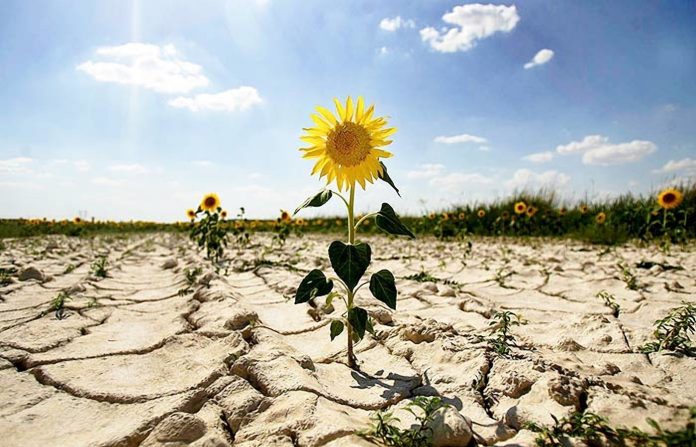Літо 2024 року стало найгарячішим за всю історію спостережень, підкресливши невпинне прискорення глобального потепління. За даними Reuters, цьогорічне літо побило всі попередні температурні рекорди, перевершивши навіть рекордне літо 2023 року. Це може стати сигналом, що й увесь 2024 рік увійде в історію як найспекотніший рік на планеті.
Температурні рекорди та екстремальні погодні явища
Цього літа планета пережила найспекотніший червень і серпень, а також найтепліший день за всю історію спостережень. Це стало можливим через комбінацію природних коливань клімату та антропогенних факторів, зокрема збільшення викидів парникових газів. Якщо уряди країн не вживуть термінових заходів для зменшення викидів, інтенсивність екстремальних погодних умов буде лише зростати.
Наслідки глобального потепління вже відчуваються по всьому світу. Цього літа Судан зіткнувся з катастрофічною повінню, яка торкнулася понад 300 тисяч людей і принесла холеру в країну, охоплену війною. Італійські острови Сицилія та Сардинія страждали від сильної посухи, яка, за словами науковців, безпосередньо пов’язана з кліматичними змінами. У Філіппінах, Тайвані та Китаї тайфун Гаемі, посилений кліматичними аномаліями, забрав життя понад 100 осіб.
Чи гарантоване кожне спекотне літо?
Незважаючи на те, що 2024 рік побив температурні рекорди, це не означає, що кожне наступне літо обов’язково буде теплішим за попереднє. Як пояснює кандидат географічних наук Денис Пишняк, природні кліматичні коливання продовжуватимуться, і ми спостерігатимемо чергування спекотних та прохолодних років. Проте загальний тренд до підвищення глобальних температур залишається очевидним.
Зими теж не зникнуть, хоча не кожен рік буде сніжним. Пишняк зазначає, що навіть коли сніг випадає, він не завжди затримується на поверхні, особливо через підвищення середньорічних температур.
Куди веде нас кліматична криза?
Глобальне потепління ставить перед людством нові виклики. Постійне збільшення температур призводить до частіших екстремальних погодних явищ, таких як тайфуни, посухи та повені. Це вимагає негайних дій від урядів і міжнародних організацій для скорочення викидів парникових газів, адаптації інфраструктури та розвитку технологій для протидії кліматичним змінам.
Проте навіть за найоптимістичніших сценаріїв глобальне потепління вже завдало серйозних наслідків для планети, і ці зміни будуть відчутні ще десятиліттями. Залишається питання: чи готове людство діяти досить швидко, щоб уникнути найгірших сценаріїв?


